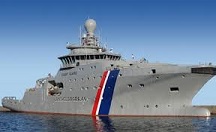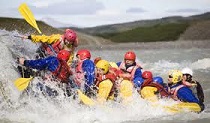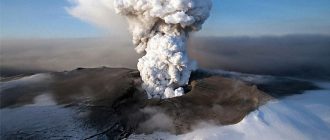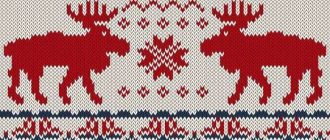The coast guards of Iceland play a key role in protecting the peace and environment of Iceland.
The Coast Guard of Iceland is part of the military and has the responsibility for patrolling the jurisdiction of the air and sea around the Island. Iceland currently has a 200 mile economic zone and territorial waters of 12 miles.
As members of the United Nations and the North Atlantic Treaty Iceland plays a vital role in helping maintain peace and the Coast Guard of Iceland takes part in peacekeeping operations on the part of the Icelandic Crisis Response Unit.
Among the many duties of the Coast Guard of Iceland is the monitoring of the fishing zone, particularly following the historical conflict between Iceland fishing vessels and British fishing vessels, commonly known as The Cod Wars.
Foreign fishermen fished off the shores of Iceland for many centuries, which posed no problem until more sophisticated methods led to over fishing and required heightened vigilance on the part of the Iceland Coast Guard.
Although the Iceland Coast Guard, was not founded until 1926, they had been patrolling the waters since the mid 1800s when steamships came into being and threatened the fish stocks.
After securing independence in 1918 Iceland gained control of its own Coast Guard and during the 1920s they took possession of their first armed vessel.
Whilst Iceland was under the sovereignty of Denmark there were issues for the Icelanders relating to the manner in which the Danish Navy administered the fishing zone, which was then, only three miles. This had particular implications for the Iceland Coast Guard especially where British Trawlers were concerned who frequently fished close to the shores of Iceland.
Following the two World Wars during which the fishing waters around Iceland experienced some respite, the Iceland Coast Guard became embroiled in extensive operations relating to conflict between Iceland and foreign countries who were over fishing. They extended their fishing zone to four miles and this resulted in protest from other nations.
The UK sent warships to the Iceland fishing grounds but the Coast Guard, although up against a disproportionate convoy of armed ships compared to their own vessels, had one weapon the UK did not reckon with, trawl cutters.
After successfully destroying the means by which the skippers of the fishing trawlers made their living, in spite of their military escorts, they conceded to the Iceland Coast Guard. There were three such conflicts in 1958, 1972 and 1975, all known as The Cod Wars.
In addition to maintaining the law around the territorial waters of Iceland the Coast Guard consult closely with the Marine Research Institute and Ministry of Fisheries. They undertake rescue operations and mount sea searches for missing ships or aircraft and, also, incumbent upon them, is the diffusing of mines which were laid during the Second World War some of which can still be found lurking in the waters.
The Iceland Coast Guard therefore play a vital role in peacekeeping and protection of the environment relating to fisheries around Iceland.





